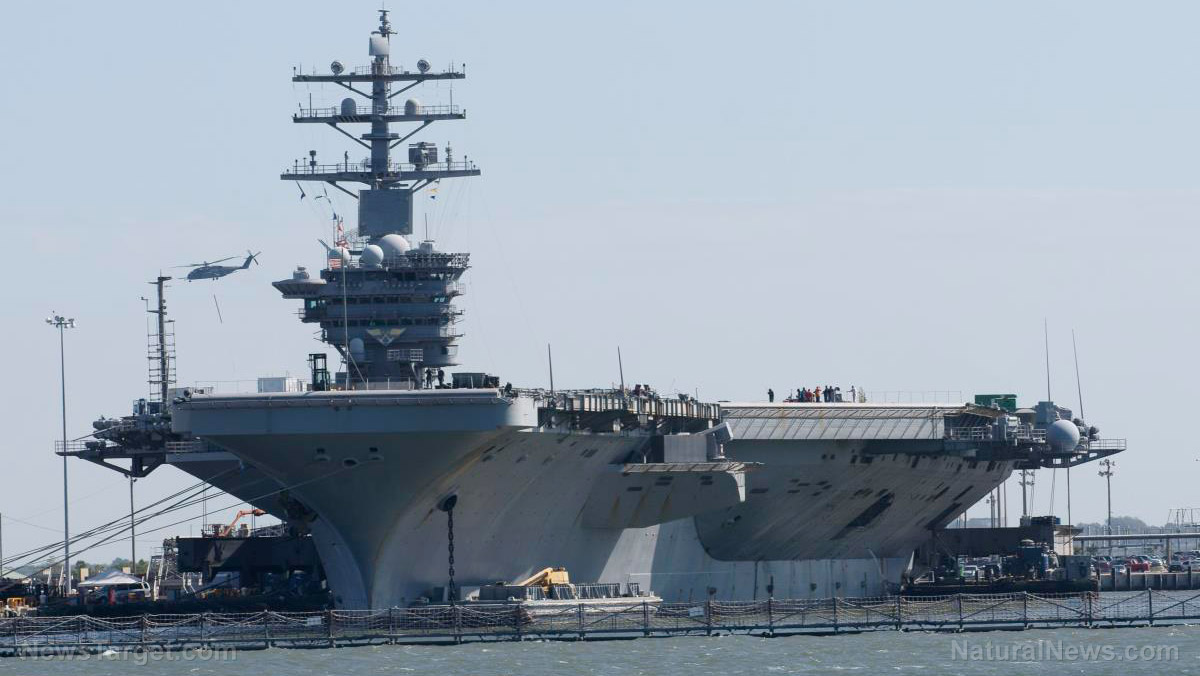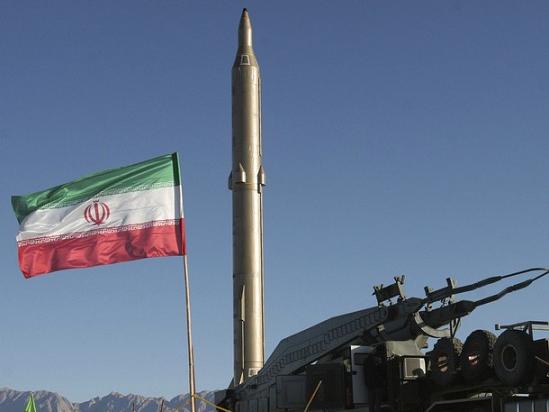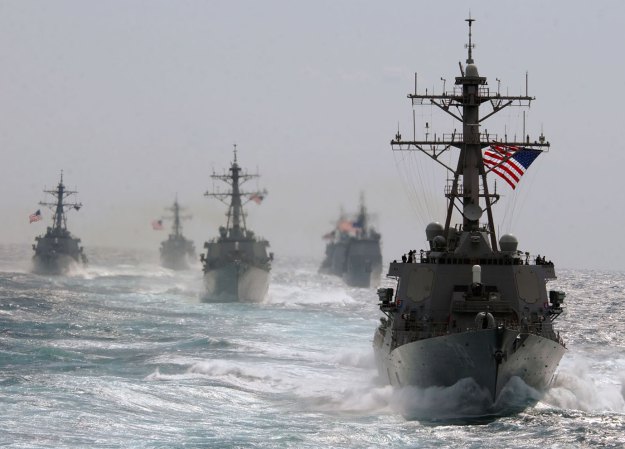Ex-defense chief: Royal Navy warships are “unsatisfactory” and lack power to attack Houthis on land
02/08/2024 / By Belle Carter

According to a former Briton defense chief, the United Kingdom’s warships are completely unsatisfactory and would not be strong enough to attack Yemeni Houthi land targets. The top official said none of the Royal Navy’s destroyers can fire missiles at targets on land, leaving the United States to carry out the majority of strikes on the Shia Islamist political and military organization targets with support from Royal Air Force (RAF) planes from 1,500 miles away.
“It’s a scandal. This is what happens when the Royal Navy is forced to make crucial decisions which can affect capability,” he said.
The said source also claimed that the HMS Diamond, a warship considered a jewel in the naval crown stationed in the Red Sea, had not joined retaliatory strikes against Houthis because it did not have “the capability to fire to land targets.” Instead, it had only been “directly involved in successfully destroying Houthi drones targeting shipping in the Red Sea,” as per the Ministry of Defense (MoD).
A former rear admiral also stated that the nation’s weakness in striking the Iran-backed movement indicates how the Navy would be unable to “go toe to toe” with Chinese and Russian warships. Currently, the only weapons on destroyers that can fire at other ships or land are artillery guns at the front of each vessel. While U.S. destroyers can fire Tomahawk guided missiles at land targets, the U.K.’s only options for such strikes are deploying planes or submarines, five of which were reported to be unavailable at one point in the autumn.
Former chairman of the Commons Defense Committee Tobias Ellwood urged Defense Secretary Grant Shapps to act urgently and conduct an immediate review. “We can’t continue to do this with a surface fleet that’s too small and cannot fire on land at range,” Ellwood said. Head of the Armed Forces Admiral Sir Tony Radakin also warned of a need to speed up the acquisition processes for weapons including “land attack missile systems” since five years ago, when he was First Sea Lord. He publicly advocated replacing Harpoon anti-ship missiles with a weapon that could be used to attack land targets during the first few months of Boris Johnson’s premiership. However, the Harpoon was retired from the Navy last year and its temporary replacement, the Norwegian-made Naval Strike Missile, has only been installed on one vessel so far as part of a trial and has yet to be fired. Eventually, it will be rolled out to 11 frigates and destroyers before a new cruise missile system is expected to be introduced in 2028.
Also, Rear Admiral Chris Parry, a former senior naval officer, commented that the lack of a proper surface-to-surface missile had left the Navy exposed. He said: “The Naval Strike Missile is a fudge. It’s a sticking plaster to show we have some capability.”
Houthis ask British and U.S. workers to leave Yemen in the next 30 days
After the second set of joint U.K. and U.S. airstrikes against Houthis, to stop the raids on shipping in the Red Sea, a letter to the country’s United Nations coordinator was sent by the Houthi-controlled foreign affairs ministry, requesting Western aid workers to leave within 30 days. The correspondence also called on agencies to stop recruiting any workers with dual nationalities from the U.K. and U.S. in the following month.
“The Ministry of Foreign Affairs of the Republic of Yemen extends its best regards to the office of the United Nations Resident Coordinator in Sanaa, and through them to all offices of humanitarian organizations working in the Republic of Yemen,” the letter read, emphasizing the necessity of letting the American and British citizens working there to leave the country within a maximum period of 30 days. “The Ministry of Foreign Affairs of the Republic of Yemen takes this opportunity to express appreciation and respect to the office of the United Nations Resident Coordinator,” it also included.
Defense Secretary Grant Shapps said that the second round of strikes was a “success.” He thanked all members of the Armed Forces involved in the operations against Houthi targets via an X post. “Their dedication, professionalism and skill made the operation a success, degrading the capabilities that the Houthis use to threaten global trade and the lives of innocent mariners,” he said. The said strikes targeted a Houthi underground storage site and locations associated with the Houthis’ missile and air surveillance capabilities, a joint statement from the UK, US, Bahrain, Australia, Canada and the Netherlands said. (Related: U.S., U.K. continue airstrikes against Houthi targets in Yemen.)
Meanwhile, the HMS Diamond reportedly deployed another missile that downed a Houthi drone in the Red Sea, according to an MoD spokesperson, who also confirmed that this is the third incident of this kind with HMS Diamond since December.
Head over to WWIII.news to read more stories like this.
Sources for this article include:
Submit a correction >>
Tagged Under:
British military, chaos, Collapse, Grant Shapps, HMS Diamond, Houthi, military tech, Ministry of Defense, national security, panic, RAF planes, Red Sea, Royal Navy, terrorism, Tomahawk guided missiles, truth, warships, weapons technology, World War III, Yemen
This article may contain statements that reflect the opinion of the author
RECENT NEWS & ARTICLES
COPYRIGHT © 2017 NATIONAL SECURITY NEWS





















